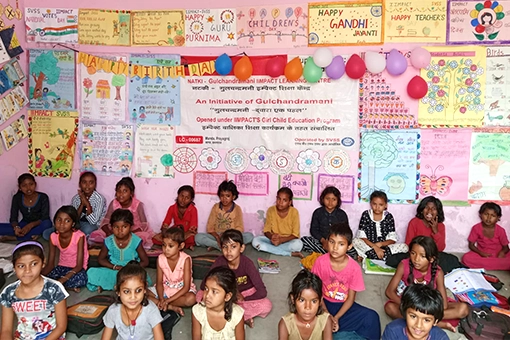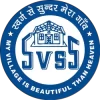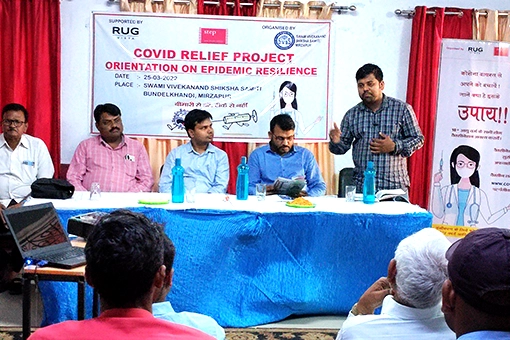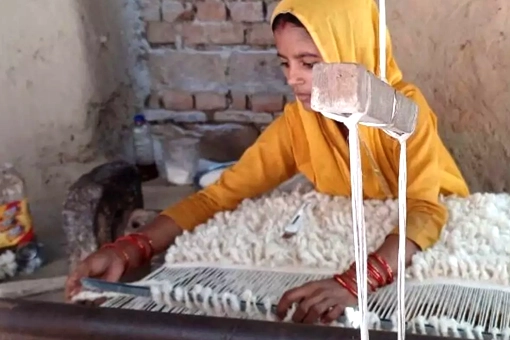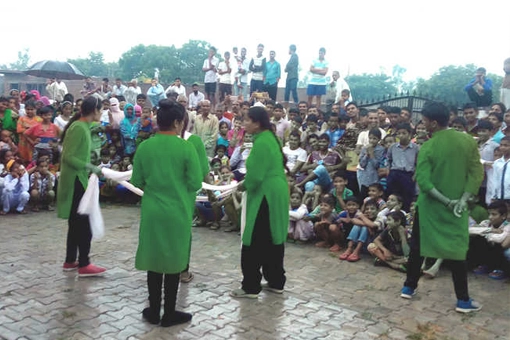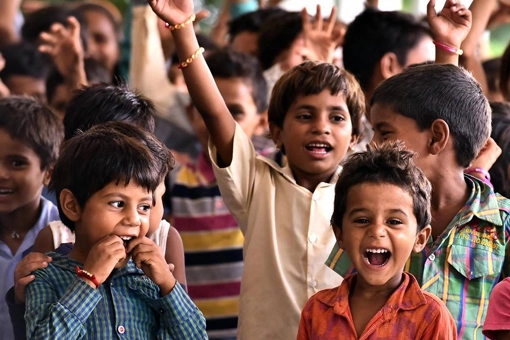Education
Education is one of the basic necessities in life. Identifying its importance, it was categorized as one of the fundamental rights. Aligning with the perspective, education is the focal area of SVSS’s interventions. The current educational interventions place emphasis on, improving access of children to formal education through creating awareness in the communities regarding the importance of education, enrolment, retention, mobilization, strengthen in management committees and infrastructure in schools with special focus is laid on girl child enrolment. Apart from formal education, the education program lays emphasis on honing the vocational skills of the youth so that they can be engaged in remunerative occupations.
